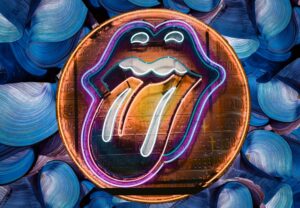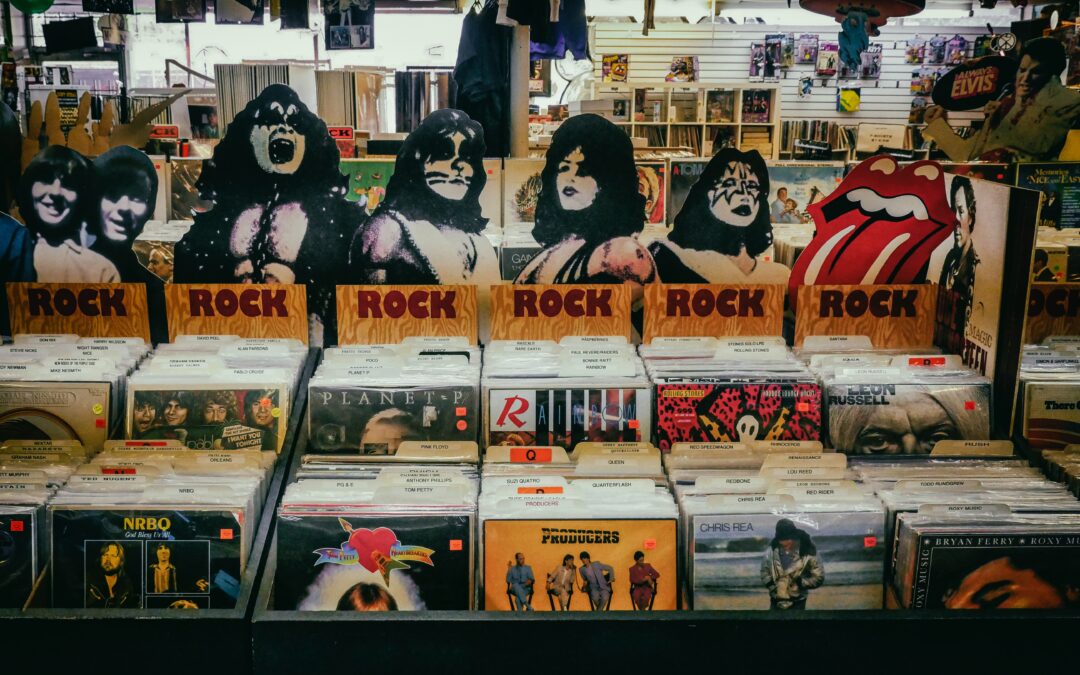In the world of music, there’s a phenomenon that transcends borders and languages: the prevalence of American accents in songs across different cultures and genres. From British rock bands to K-Pop sensations, many artists choose to sing with American accents, even when English is not their native tongue. What’s behind this widespread musical choice? And why are we not all singing with twangy Australian accents or deep Scottish tones?
Global Influence of American Music

First, there is the popularity of American music, genres like rock, pop, hip-hop, and country, which have had an immense impact on global culture. It’s not just about the tunes; it’s also about the lyrics, the emotions they convey, and that awesome sense of euphoria you get when your favorite music comes on. As a result, artists worldwide try to copy that feeling and produce music that draws upon that American sound, style, and yes ultimately accent.
Commercial Viability
For many artists aiming to reach international audiences, singing with an American accent can be a strategic choice. This accent is widely understood and accepted, making songs more accessible to global listeners, and increasing their commercial potential. Case in point Europe… I say their name and you hear it in your head…Dun Dun Dunn Dunnn Dun Dun Dun Dunt Dunnnn and then comes the vocals of Swedish rock God Rolf Magnus Joakim Larsson aka Joey Tempest…. IT’S THE FINAL COUNTDOWN!!!!!!!!!!!! In Sweden, these Nordic musical gods were just another Swedish band but when they made the switch to English vocals. Booom. Europe Invaded the World!
Emotional Characteristics
 Artists often choose American accents because they believe it lends a sense of authenticity or emotion to their songs. The American accent has become synonymous with the expressions of love, longing, and heartbreak. The original blues, the soulful jazz singers, and the uplifting gospel tones all were created to evoke maximum emotion and that kind of power was just not found anywhere else in musical culture. Music was polite, music was easy, music was safe. Enter Elvis with his gyrating hips and Little Richard screaming out “Wooooo” like the devil; it was only a matter of time until that influence began to appear in other countries around the world.
Artists often choose American accents because they believe it lends a sense of authenticity or emotion to their songs. The American accent has become synonymous with the expressions of love, longing, and heartbreak. The original blues, the soulful jazz singers, and the uplifting gospel tones all were created to evoke maximum emotion and that kind of power was just not found anywhere else in musical culture. Music was polite, music was easy, music was safe. Enter Elvis with his gyrating hips and Little Richard screaming out “Wooooo” like the devil; it was only a matter of time until that influence began to appear in other countries around the world.
Just imagine being a British teen in the 1950s and getting your hands on the latest from blues legend Muddy Waters or the true king of Rock and Roll Chuck Berry. In the days before the internet, those kids would listen over and over to those records and eventually grow up, form their own bands, and then sing just like their American idols. This is exactly what happened with the Rolling Stones, the Beatles and so many more. And the patterns continue to this day. For example, the rise of hip-hop has further solidified the American accent’s prevalence in modern music spreading to every corner of the world.

The Universal Language of Music
The prevalence of American accents in music is a testament to the universal language of melody and rhythm. Regardless of where they hail from, artists choose the accent that best communicates their emotions and resonates with their listeners. It’s a testament to the power of music to transcend borders, cultures, and linguistic boundaries. So, next time you hear a non-American artist singing with an American accent, remember that music is a global conversation, and accents are just one of the instruments in its orchestra.
Contact me to find out more about accents and start your accent journey today.

